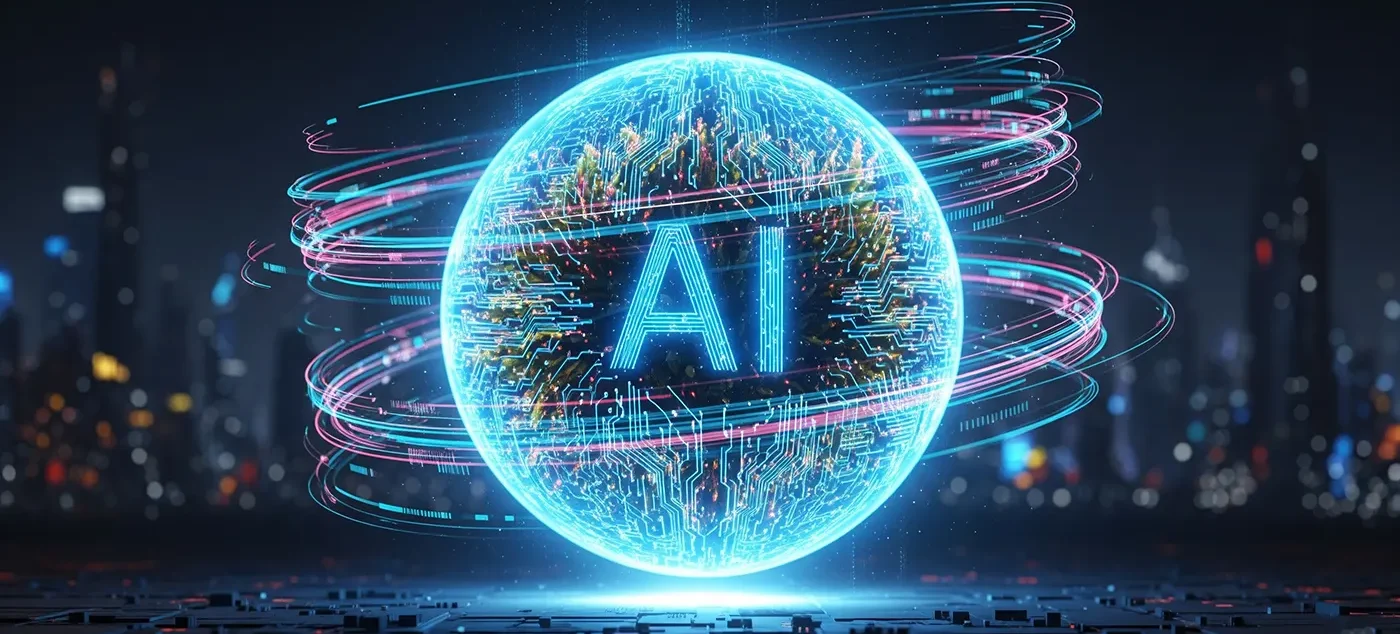Jamie Speirs, Imperial College Centre For Energy Policy And Technology
 The uptake of today’s EVs has a lot to do with the advent of Lithium battery technology. Umicore’s factory plants are capable to recycle our batteries into totally reusable components and substantially reduce the carbon footprint of manufacturing Lithium-ion batteries. Much more demand for electric cars will stimulate further exploration and production of Li but supplanting 600 million oil-powered vehicles by electric is an almost impossible task.
The uptake of today’s EVs has a lot to do with the advent of Lithium battery technology. Umicore’s factory plants are capable to recycle our batteries into totally reusable components and substantially reduce the carbon footprint of manufacturing Lithium-ion batteries. Much more demand for electric cars will stimulate further exploration and production of Li but supplanting 600 million oil-powered vehicles by electric is an almost impossible task.
Rechargeable traction batteries are routinely applied all day, and quickly-charged all evening. E.g. In the UK there are 34 million automobiles on the roads and so even if we made one million a year it would take over 3 decades by when the cost of oil will be huge and supplies of it waning. This is drastically much less high priced than the energy storage options employed by other battery electric car companies. Possibilities exist to lessen the demand for important metals in …
Jamie Speirs, Imperial College Centre For Energy Policy And Technology Read More
